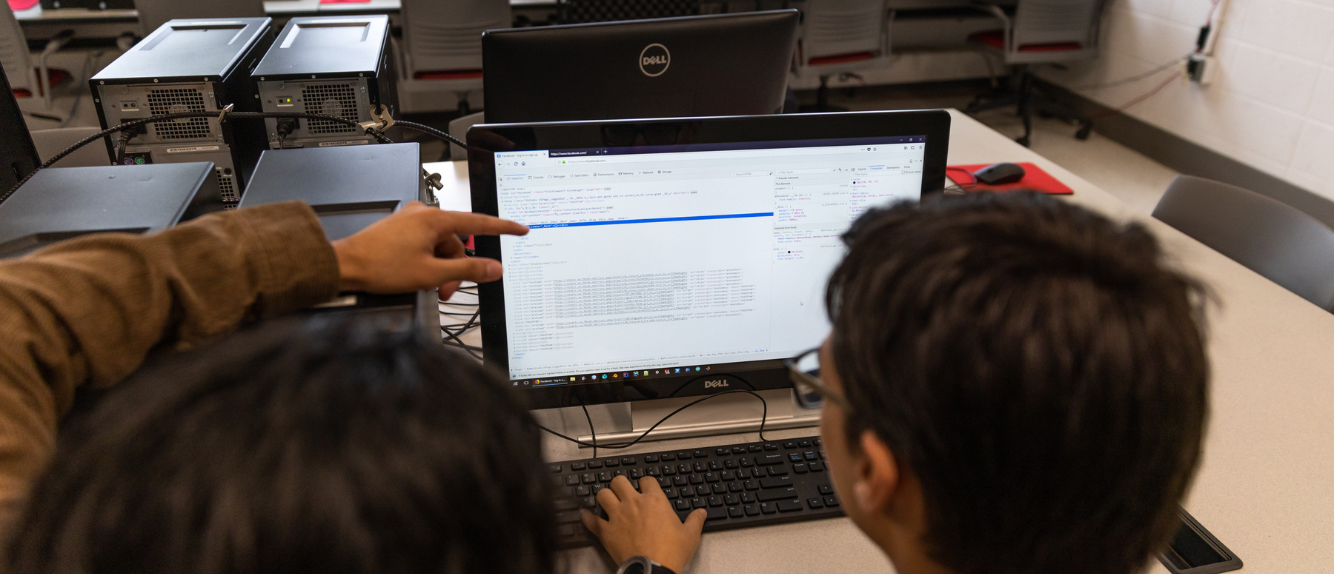Data Science students select one of the following tracks:
The Computer Science/ Mathematics track requires 19 credits and offers theoretical coding and mathematical modeling skills. Courses include:
Discrete Mathematics
Predictive Modeling for Data Science
Data Mining
Introduction to Artificial Intelligence
The Business track requires 18 credits and offers applied analytical skills. Courses include:
Business Finance
Introduction to Business Analytics
Predictive and Business Analytics
Business Data Mining
For more information, and to see a complete list of major requirements, visit the Course Catalog.

